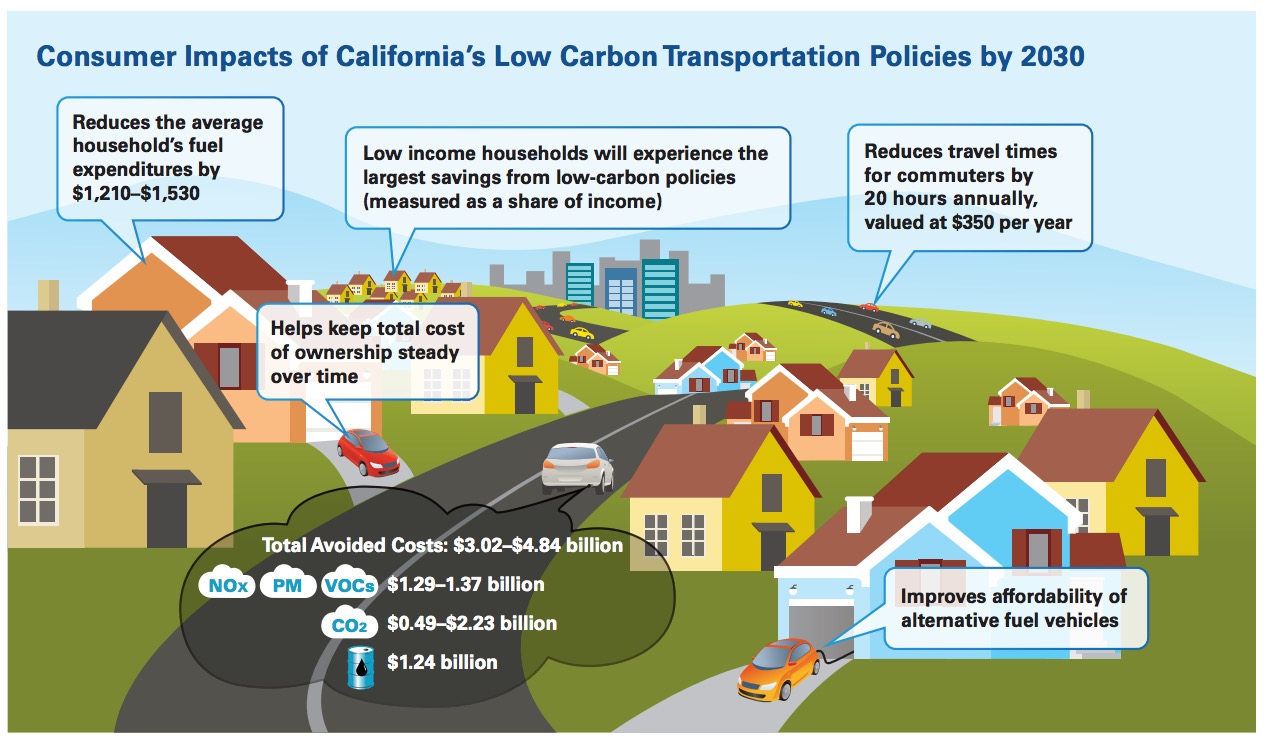
CONSUMERS UNION
California is a global leader in developing and implementing clean transportation policies. The State’s regulatory approach is multifold, using various policy instruments to improve the efficiency of vehicles, reduce the carbon intensity of fuels, and increase options for mobility. These policies are a mix of market-based approaches, direct regulation approaches, and planning opportunities. These policies will have impacts on the pricing of consumer goods such as automobiles and fuels– both of which represent a significant share of consumer expenditures.
View this complete post...
Tags: CA, California, Carbon, Consumer Reports, Consumers Union, Emissions
Posted in
Clean Air, Climate Change, Environment, Infra Views, Local, Policy, Pollution, Sustainability
Comments Off on Consumer Impacts of California’s Low-Carbon Transportation Policies
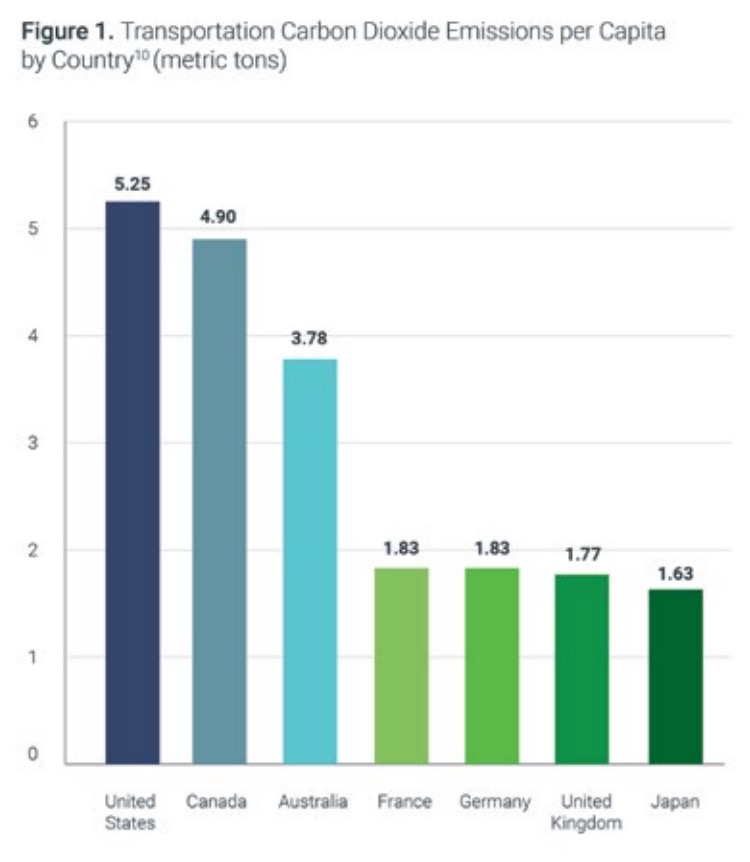













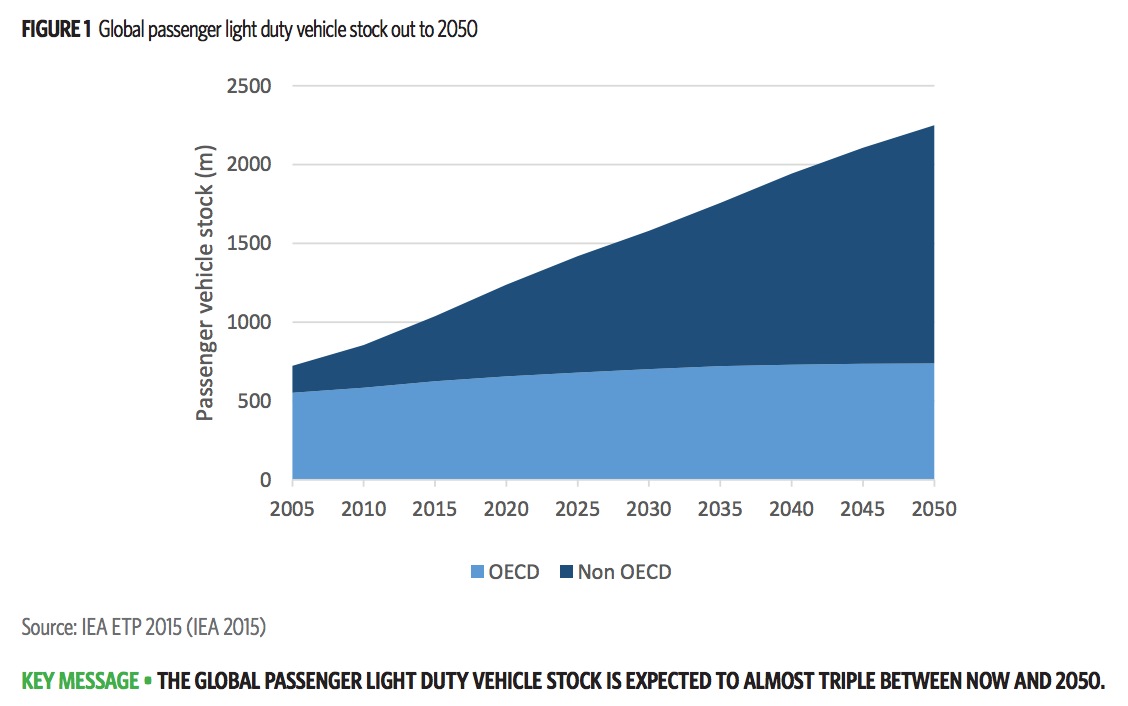
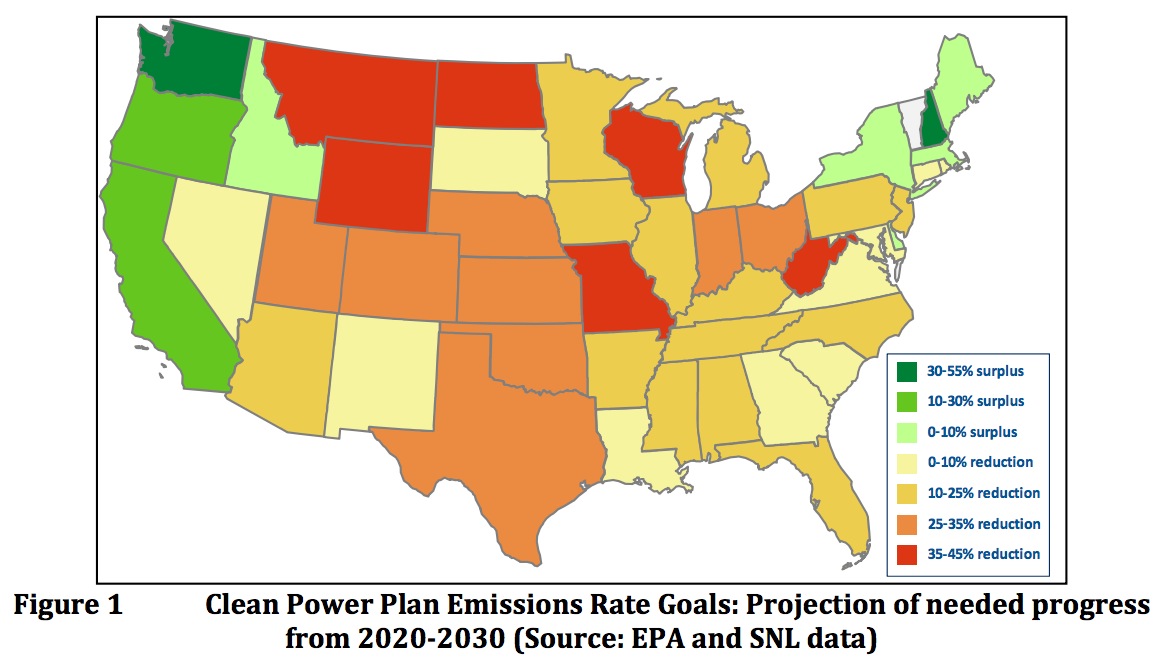
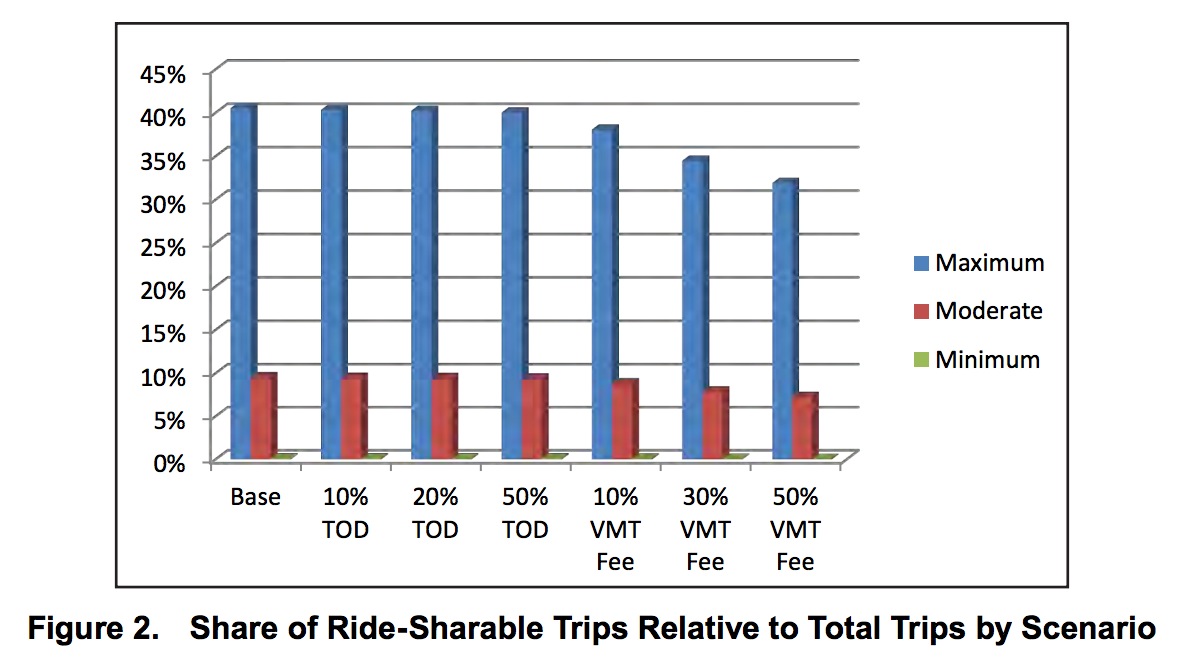
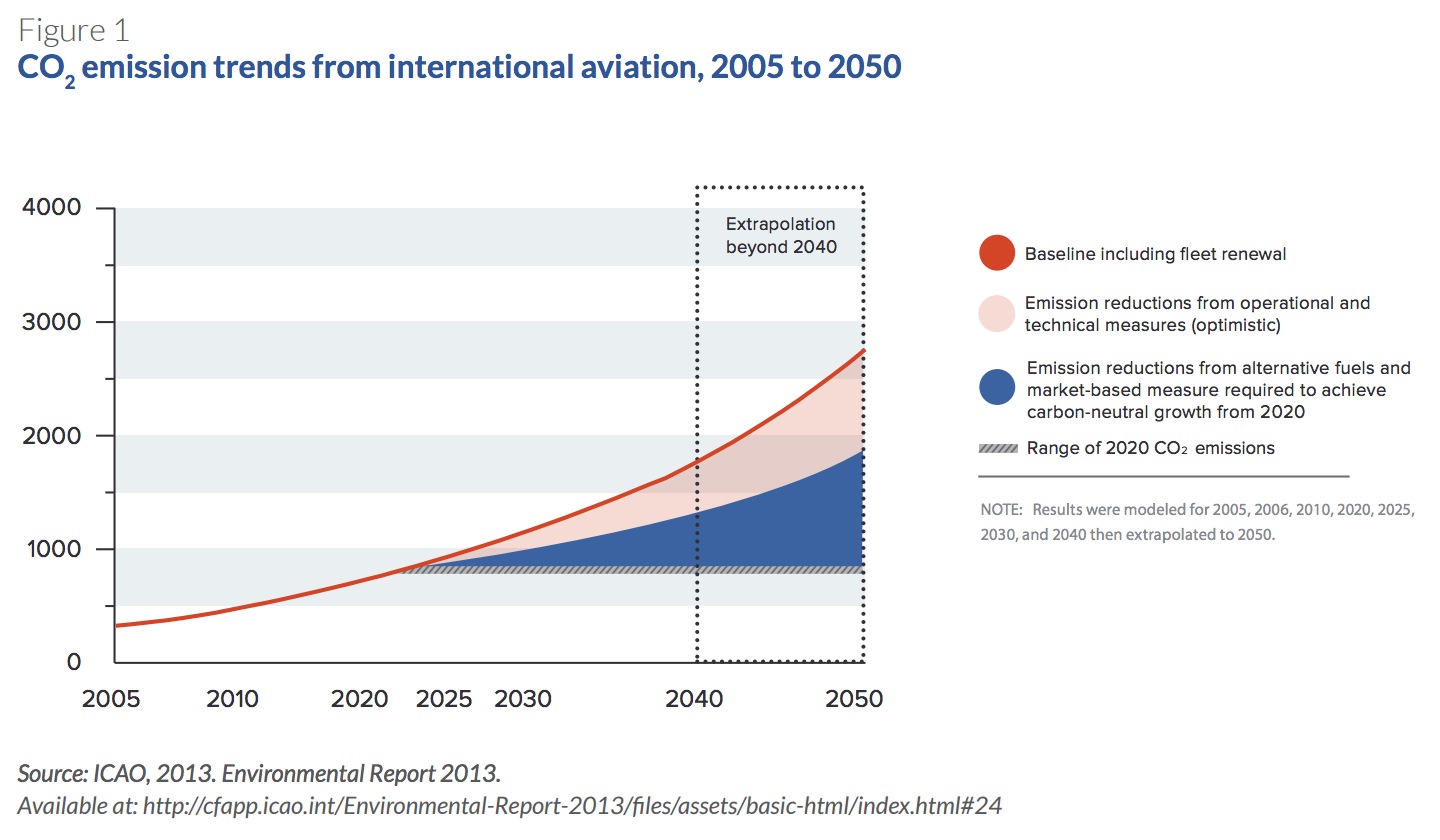
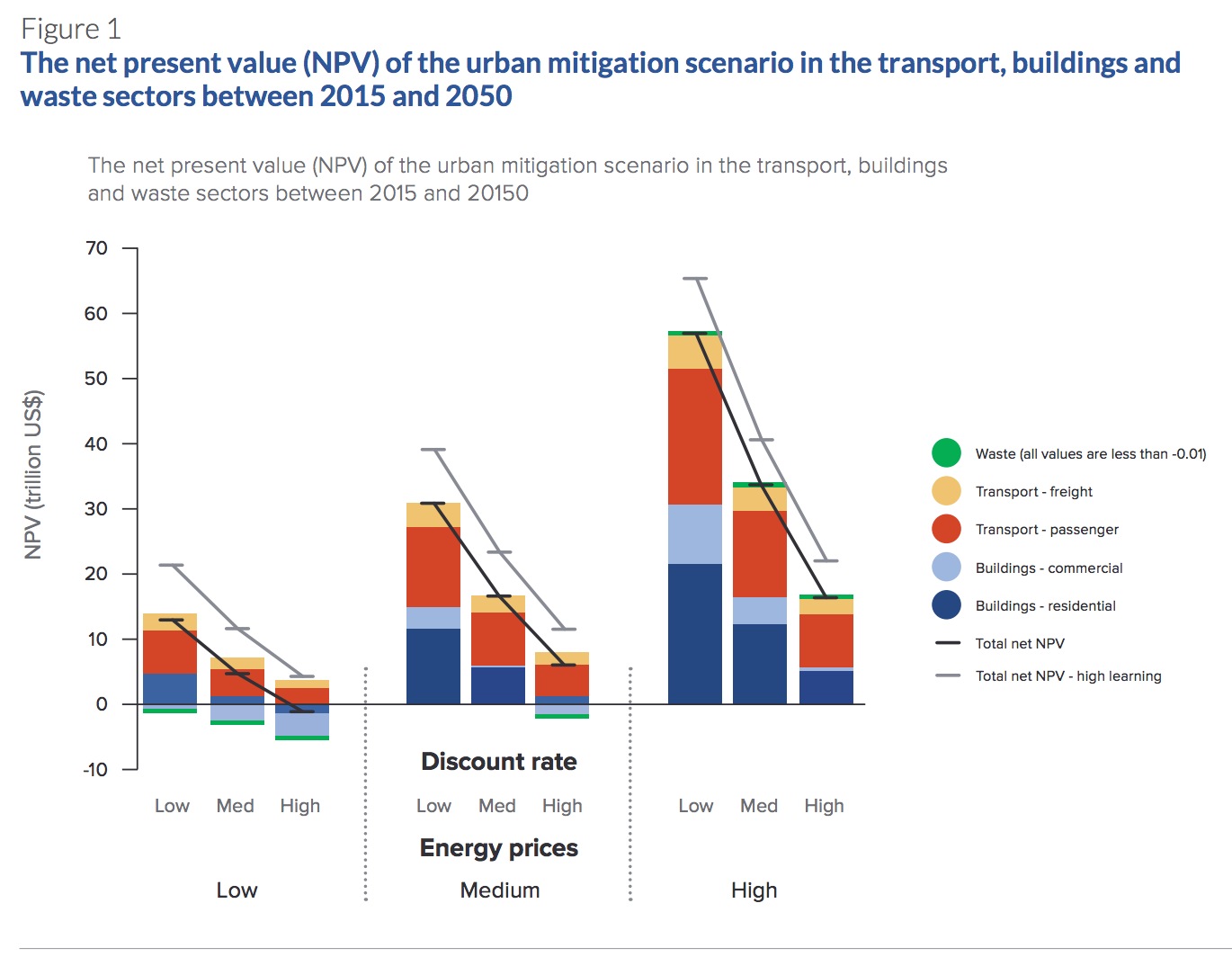

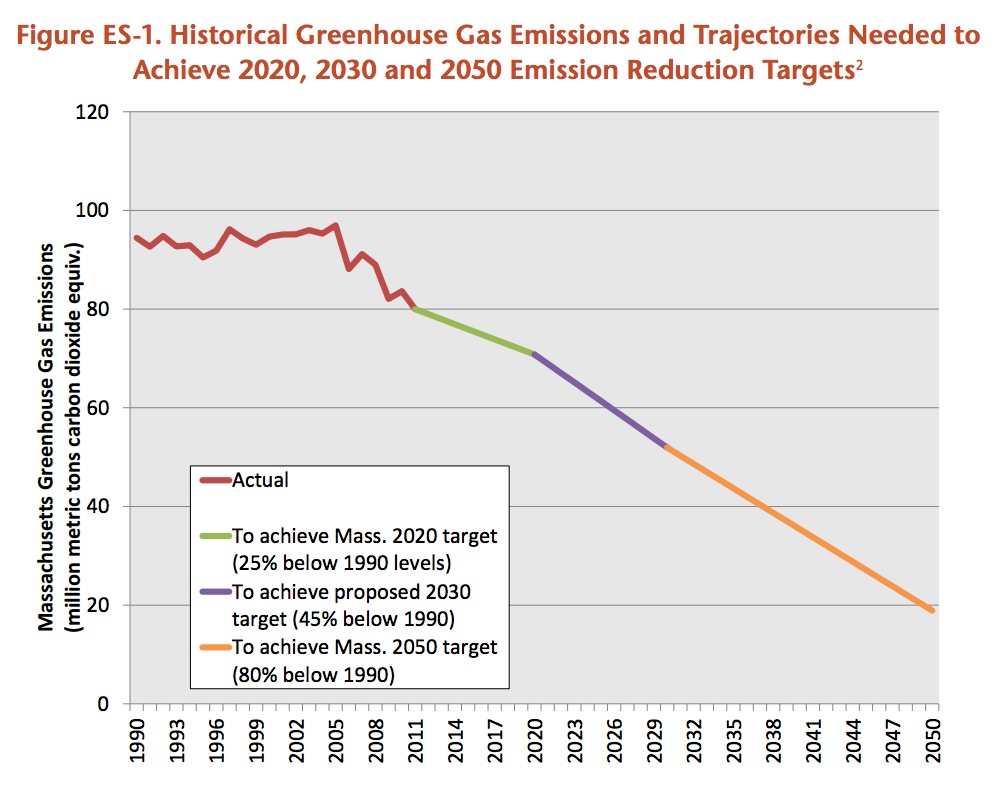
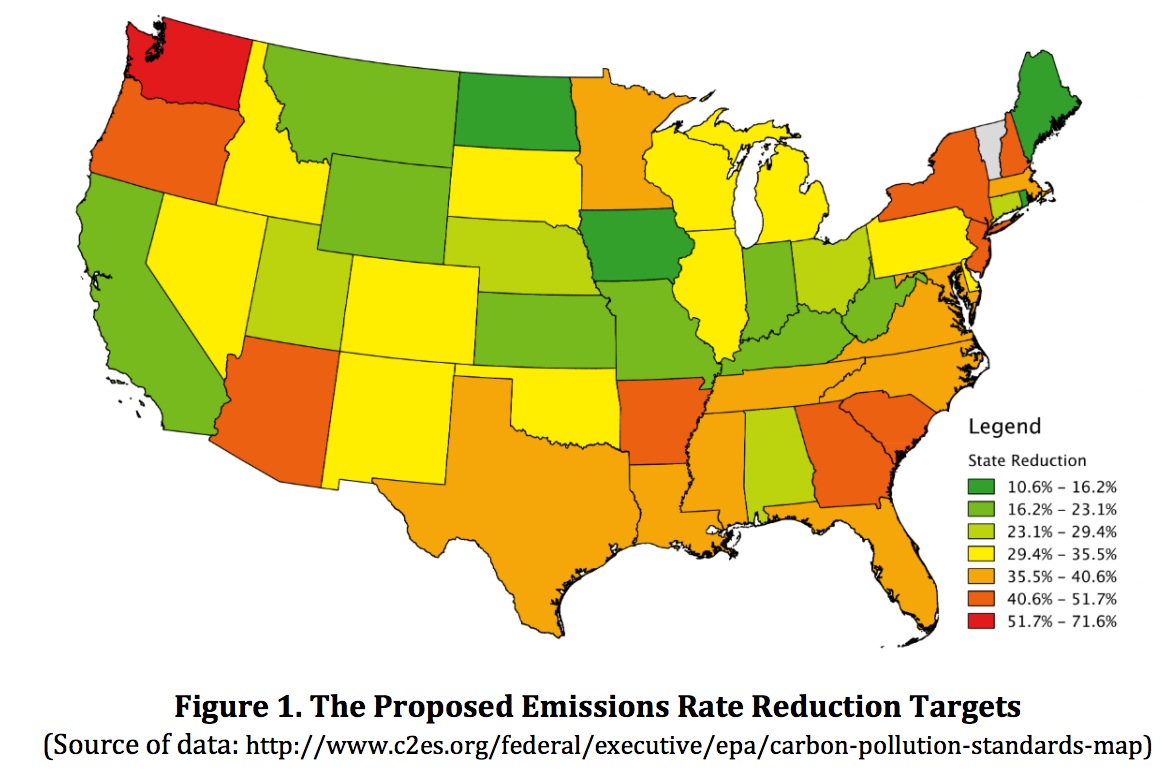

 RSS Feed
RSS Feed